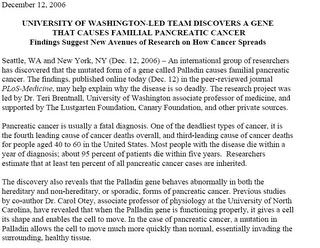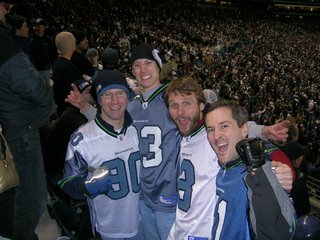"It's just a job. Grass grows, birds fly, waves pound the sand. I just beat people up."
--Muhammad Ali

What if I don't love what I do to earn a paycheck?
Does the answer depend on:
A) What my field is
B) What was required to obtain the position
C) How much money I make
D) How old am I
I pose this question in this way because it seems foolish to spend five years working toward a PhD and then hate what you do. Truly, I do not hate what I am going to school to learn. And please pay particular attention to the careful phrasing of that statement. I am going to school to learn how to do something which will be useful in a career path later.
I hate school. Thats a fact.
I love kinetics. And, I think, I can like working. I will never lose sight of the fact that I work to earn a paycheck to support my dream of how life should be which I share with wife-person. But in the meantime I create my own reality and I should earn a paycheck doing something halfway interesting, and it happens to benefit human-kind in some way.
I have to honestly state that getting this freaking degree has removed 15-20 years of quality, enjoyable life from my total years previously available. The stress and strain involved in this endeavor have certainly created numerous perforations in my stomach lining and duodenum as well as a semi-permanent, stress-induced eye-twitch. I can only hope and imagine that once I retire from schooling with my PhD in hand (running and screaming from the UW, mind you) I can find gainful, well-compensated employment that I will enjoy. I can only imagine, based on the fact that I enjoyed working previous to returning to this hell-hole, that I will enjoy working again.
But...what if I didnt? Would that make getting this degree a total waste of time, or is it acceptable to invest 5 years towards a degree (which still produced some bodies of data and work that could benefit people at large) just so that I can make as much per year as I would after 15 years of working? Perhaps. People argue both ways.
Muhammed Ali went to work and beat people up, but every once in a while he got beat-up, too. Well, I figure even if I dont get to beat on anyone legally at work, maybe its suitable to just avoid my own ass-whooping.
And thats all I have to say about that.







